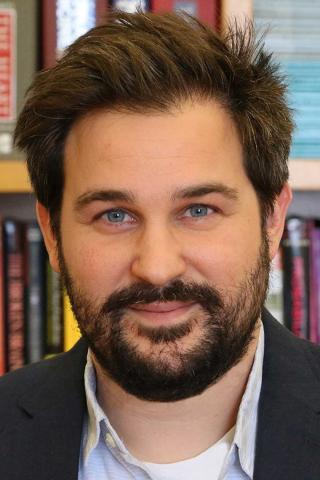326 Studies Now Enrolling
Center for Behavioral Cardiovascular Health
Investigator

Ari Shechter, PhD
212-342-1335
as4874@cumc.columbia.edu
Dr. Shechter is Assistant Professor of Medical Sciences at Columbia University Irving Medical Center. He received his PhD while in the laboratory of Dr. Diane Boivin at McGill University. During this time, he trained in human chronobiology and developed expertise in the assessment of the sleep-wake cycle and circadian physiology. He completed a postdoctoral research fellowship under the mentorship of Dr. Marie-Pierre St-Onge at the New York Obesity Nutrition Research Center at Columbia University. There he began to examine the relationship of sleep with food intake, physical activity, and metabolism.
Clinical Studies Managed By This Investigator:
| Condition | Study Title |
|---|---|
| Nutrition | [ CLOSED ] A study for adults with Obstructive Sleep Apnea using a CPAP machine to view its effects on diet, physical activity and cardiovascular risk |
| Psychiatric Disorders | [ CLOSED ] Blocking nocturnal blue light to treat insomnia |
| Healthy Volunteers | [ CLOSED ] Study of Reactions to Foods and Beverages |
| COVID-19 (Coronavirus) | IMPROVE 2 - Well-Being in Emergency Medicine After COVID 19 |
